Substance abuse is a perennial issue in Spokane, other Washington communities, and the U.S. Every year, tens of millions of people use alcohol, drugs, or medication in ways that seriously harm their health and well-being. Among other things, substance abuse can lead to addiction. If this happens to you, you need the support provided by a supervised detox program. You also need the follow-up treatment provided by various kinds of rehab programs. With this expert help, a lasting return to sobriety is both realistic and achievable.
At Sequoia Recovery Centers, we’re dedicated to helping you reach your goals for substance recovery. We feature a full slate of options for drug and alcohol detoxification. In addition, we provide extensive support and guidance for your enrollment in rehab after you complete detox. Every day, we help Washington residents from all walks of life return to a lasting, substance-free lifestyle.
Sequoia Recovery Centers is a comprehensive drug and alcohol detox center in Spokane, Washington. Contact us today to learn more about our available substance abuse treatment programs in Washington.
Supervised detox, or detoxification, is the beginning of effective, durable addiction recovery. It helps you achieve essential goals that include:
All forms of detox rely on core methods of stabilization and support to help you through the process. These methods include:
Additional options are also used to help you detox from certain substances. The most common of these options is medication.
At Sequoia Recovery Centers, we specialize in comprehensive detoxification support. Our customized services make it possible to stop using any addictive substance and reach a sober state. By doing so, they help you gather the momentum needed to keep your recovery going. To find out more about substance abuse detox in Spokane, contact us today.
We Work With Most Major PPO & HMO Insurance Providers. We Now Are Accepting Medicaid for Outpatient Treatment. Within Medicaid, we only accept Well Point and Community Health Plan of Washington plans.
We Are An In-Network Provider For Kaiser And Lifewise Insurance Carriers.







Medication is commonly used to help people detox from alcohol. You may receive a benzodiazepine sedative to ease your withdrawal symptoms. In addition, you may receive medication to help you recover from any alcohol withdrawal complications. Such complications are most common among people who have consumed alcohol in extreme amounts for years or even longer.
Opioids are a large group of addictive, narcotic substances. All of these substances are closely related to a second group of narcotics known as opiates. The opioid/opiate family includes:
The methods used to help you detox from all of these substances are essentially the same. In addition to supportive care, you will receive some form of medication to help ease withdrawal. That medication may be a short-term replacement opioid. It may also be a non-opioid option like clonidine.
Stimulants are a diverse group of drugs and medications that increase your central nervous system’s rate of activity. Substances that belong to this category include:
Stimulant detox doesn’t typically rely on medication. Instead, it makes extensive use of the stabilization and support options common to all detox programs.
Benzodiazepines are an extended family of medications used as tranquilizers or sedatives. This family includes widely used prescription drugs such as:
Detox from these substances is somewhat unique. Instead of eliminating them from your system all at once, they’re eliminated gradually over time. The goal of this approach is to minimize your exposure to severe withdrawal.
Have more questions about specific forms of Spokane substance abuse detox? The specialists at Sequoia Recovery Centers can answer them. Contact us today to learn more about our medical detox programs in Washington.
After completing detox, you can transition into the next level of care, which is either inpatient or outpatient. Regardless of which path you choose, the most important thing is getting started with detox and ongoing therapy to learn how to replace substance abuse with healthy behaviors and how to develop the skills that you need to continue your recovery long-term.
Residential programs offer several benefits and they represent the highest level of care. If you need or want constant supervision and the chance to extricate yourself from your daily life and live full-time at a treatment center, inpatient programs are worth considering. You can choose long-term or short-term programs that help you with your initial detoxification and then focus on highly structured treatment for all other aspects of addiction. All of your services are provided at our clinic, so you are never alone, and you never have to travel far. Meals and other accommodations are provided for you so you can feel at ease and completely comfortable in our setting. Your individual and group therapy sessions, as well as other holistic treatments can tackle psychological factors that might relate to your personal history, as well as social factors like your lifestyle or relationships to understand potential causes and triggers.
Transitioning back to your daily life after participating in a residential program can be stressful because it is often a harsh contrast between peaceful and accommodating to that of stressful and overwhelming. That is why understanding that there are several levels of care can make it easier for you to pick more than one program as part of your overall treatment and still find support with traditional outpatient programs that offer weekly support groups or group therapy sessions.
This treatment is designed to support your long-term recovery by doing such things as:
Extensive research has been done to determine the best possible options for effective substance recovery. Because they’re thoroughly researched, these options are known as evidence-based treatments. Programs based on such treatments are the modern standard for all rehab providers.
There are two main categories of evidence-based addiction care: psychotherapy and medication. Psychotherapy is used to treat all forms of addiction. In addition, many therapy options support recovery from multiple kinds of substances. The most widely used of these options include:
These treatments can be used in individual or group therapy sessions. They’re also suitable for inpatient or outpatient treatment plans. Available medication options are more limited. However, they play an essential role in the treatment of alcoholism and opioid addiction. In fact, your chances of recovering from these conditions without the help of medication are fairly slim.
Want to know more about the methods used to treat addiction and substance abuse in Washington? Talk to the professionals at Sequoia Recovery Centers.
We understand how challenging it can be to know if and when you or your loved one needs help with addiction. By taking this quiz, you can get a quick assessment of some signs that may indicate whether or not you need to reach out for help.
To achieve a lasting recovery, you can’t rely on substance detox alone. Detox simply isn’t designed for this purpose. Instead, you must make your next steps in addiction and substance abuse treatment. But the transition to rehab can be daunting for someone who has just completed detox. And the more complicated the process is, the lower the odds that you will actually enroll in a follow-up rehab program.
At Sequoia Recovery Centers, we not only provide a complete range of detox services. We also fully support your transition into drug or alcohol rehab that meets your unique needs. Our discharge planning services help you keep things simple as you stay focused on your ongoing sobriety efforts.
Ready to start your substance recovery in supervised detox? Sequoia Detox is here for you with personalized detoxification options for all forms of addiction. With our help, you can get your recovery journey off to a successful start.
Need to transition from detox to a Spokane-area drug or alcohol rehab program? Sequoia Recovery Centers is committed to making this move as straightforward as possible. This way, we boost your chances of getting treatment for addiction and substance abuse in Washington. Contact us today to learn more about how we can help.